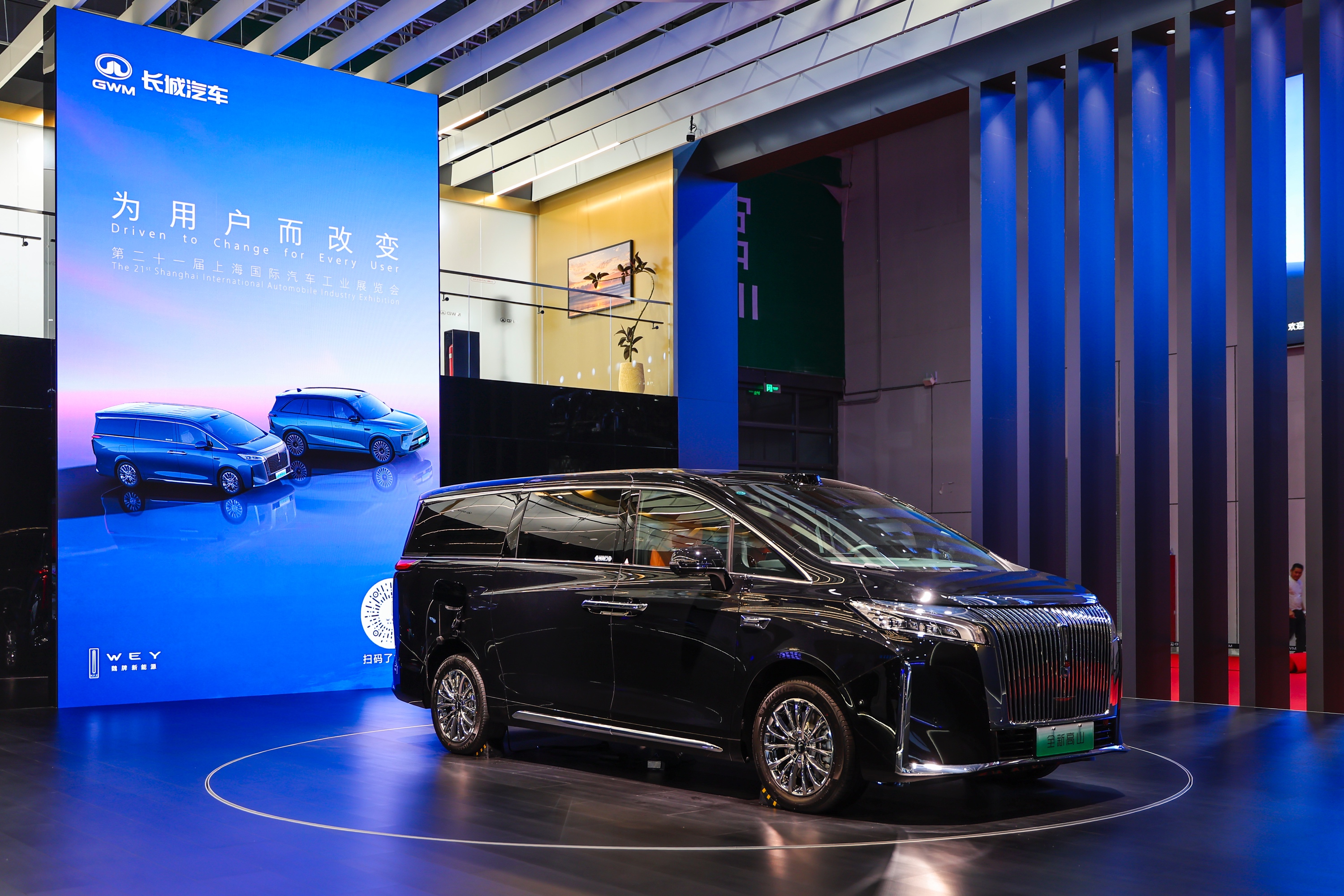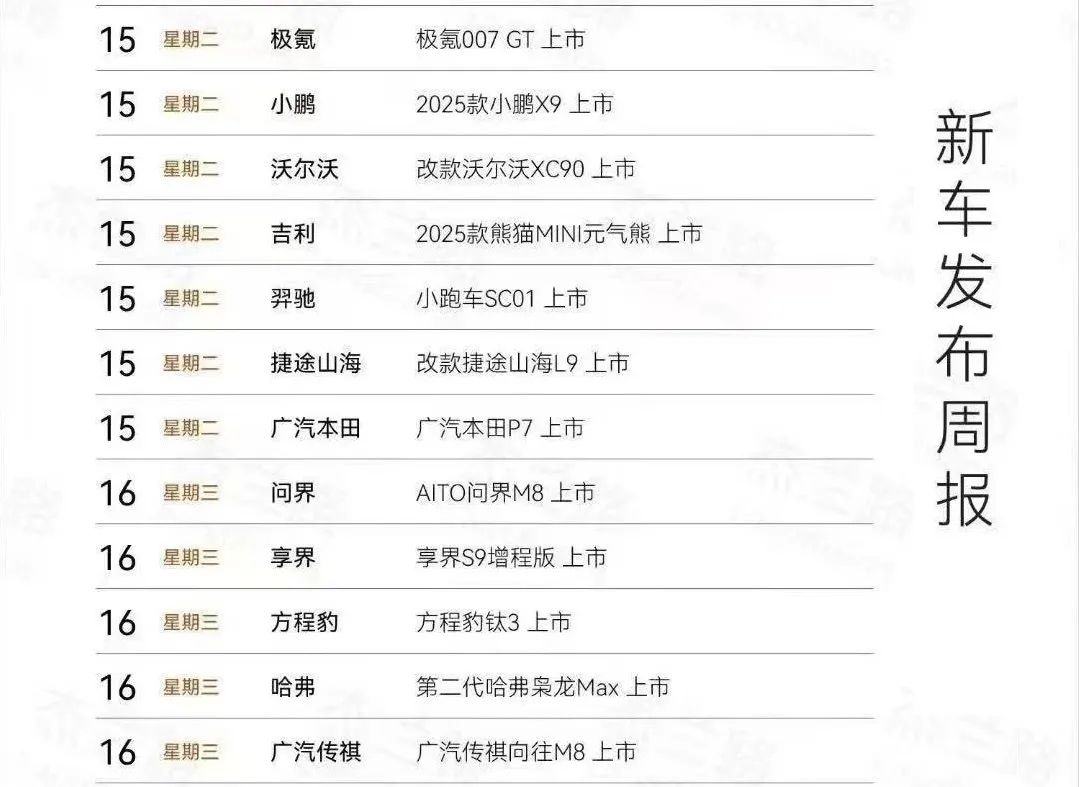
In the era of globalization, on June 6, at the Diplomat Roundtable Meeting of the China Automotive Chongqing Forum, with the theme of "Chinese Automotive Industry and the World: Global Collaboration and Win-Win Cooperation", diplomats from the United Kingdom, Israel and Thailand and representatives of the Chinese automotive industry discussed the development and cooperation opportunities of the Chinese automotive industry on the global stage.
Trevor Lewis, deputy director of innovation and industry in China at the UK Department of Business and Trade, said that the UK automotive industry has a wide range of layouts, covering many brands, some of which are Chinese-funded, and have in-depth cooperation with the Chinese automotive industry. Trevor Lewis stressed that the Chinese automotive industry is developing rapidly, but brand internationalization requires patience. Global well-known brands such as Rolls-Royce, Bentley, and Mercedes-Benz have gained global reputation after more than 100 years. Chinese automotive companies and industries should have a long-term vision and focus on the development vision of ten, twenty or even longer years. They should not only pursue short-term market development, but also build globally renowned brands. For example, SAIC MG has entered the top ten in sales in the UK, but people still have the impression of it before the acquisition. Chinese auto brands need to patiently build brand awareness and popularity.

Haiyoa, Minister-Commercial Counselor of the Israeli Embassy in China, pointed out that although Israel is small in size, it is known as the "capital of automobile design" and is famous for its innovation in automobile technology. Israel has more than 600 automobile start-ups, with significant advantages in sensors, AI vision, data analysis, and interconnection. Haiyoa mentioned that driven by Chinese auto brands, road traffic in Israel is changing. A few years ago, it was rare to see Chinese cars in Israel. Now Chinese electric vehicles, such as BYD, Geely, Changan, and Xiaopeng, are developing rapidly in Israel. BYD has become one of the most popular electric car brands in Israel, and even sales have exceeded traditional Western car brands. The secret of its success lies in the sense of technology brought by intelligent configuration, which satisfies Israeli consumers' love of technology and can provide more added value; Chinese cars are highly flexible and can adjust product functions according to local consumer preferences; at the same time, Chinese cars have a complete charging ecosystem, making charging in Israel more and more convenient.
Xu Yongming, advisor to the chairman of the Industrial Committee of the Chinese Medicine Hospital of the Thai Parliament, said that Thailand is the largest automobile manufacturer in Southeast Asia and an important manufacturing base for many major global automobile companies, such as Honda and Toyota. It has also attracted Chinese brands such as Great Wall and BYD to enter. Xu Yongming believes that Chinese companies and brands can learn from Toyota. Toyota has a huge consumer market and a good service network in Thailand. One of its secrets to success is to provide its brand to engineers and technical experts for free to obtain more and better advice, achieve localization, meet the needs of Thai consumers, and establish good relationships with local partners. He also pointed out that the main challenges facing Chinese brands in Thailand are to establish consumer trust, brand influence, and improve after-sales service. At present, the after-sales service of Chinese cars in Thailand is not perfect. When car parts are damaged, it is difficult to replace parts, and the popularity of some new Chinese brands in Thailand needs to be improved.
Haiyoa also said that consumer perception is an important challenge. In the past, some European and American consumers believed that Chinese cars were cheap and unsafe. Although this impression has changed, it still takes time to transform. Chinese auto brands need to work hard on performance, consumer perception, product quality, brand storytelling, trust building, and localization, such as providing services in local languages and setting up local stores to showcase the brand.

